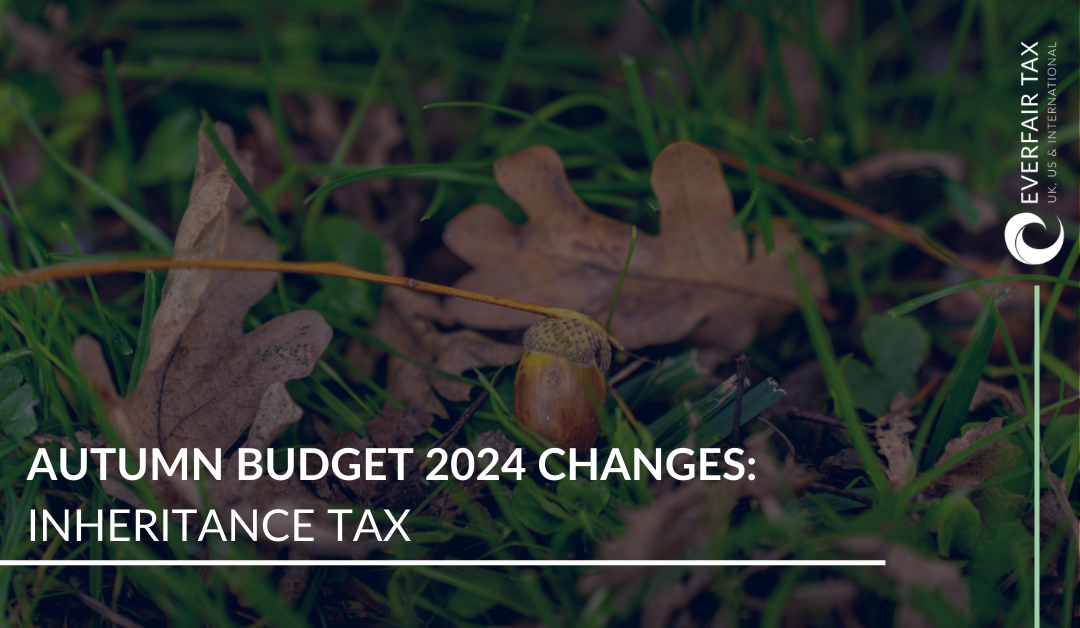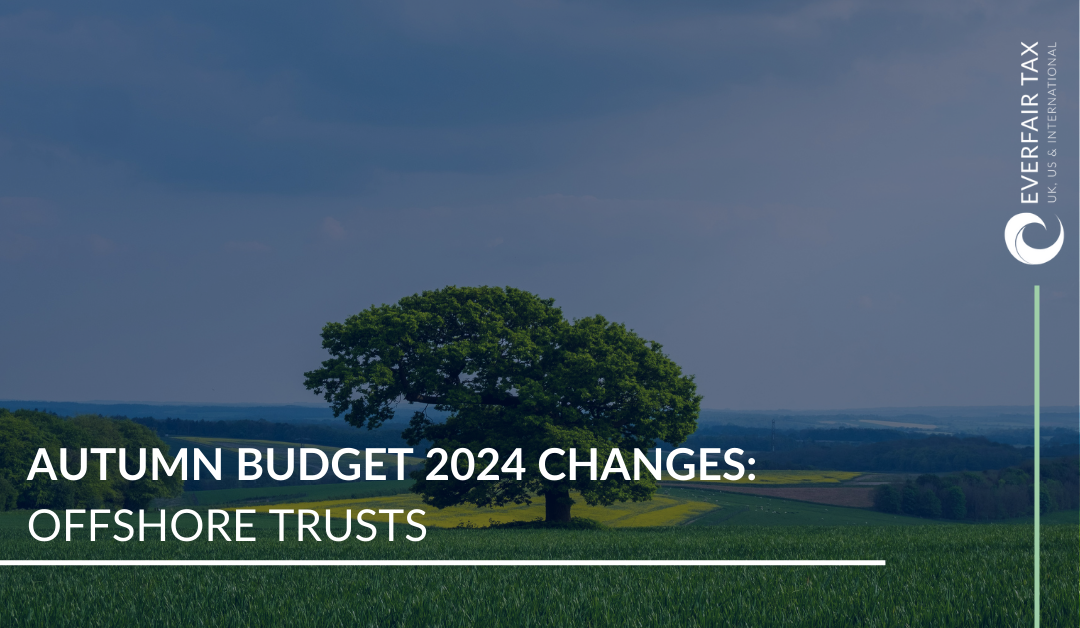March 2021 UK Budget Change & UK Tax Change | Includes:
20 January 2021
Sharing the March 2021 UK Budget Change & UK Tax change with you, to help you keep ahead of the curve! Read the full article or download our PDF guide here:

How will the UK Budget change in March affect me?
It was recently announced that Rishi Sunak will deliver the UK budget on March 3, 2021. This will be greatly anticipated, as it had been postponed from November 2020 in light of the continuing COVID-19 measures and it will also be the first budget with the UK independent of the EU.
With the COVID-19 bill in excess of £300bn there is little doubt that tax reforms will be put in place to claw some of this money back.
With very little information available about what these tax reforms may look like all we can do is speculate and try to prepare for the impact.
Easy wins are likely to be the name of the game, therefore targeting higher earners and those who are able to pay.
What will the UK Budget Change 2021 mean for me, with the capital gains tax uk rate set to change?
There are a number of potential avenues in which you could be affected in the spring budget should all the proposed and rumoured changes be introduced.
Capital Gains Tax UK rate
In November 2020 the Office of Tax Simplifications published their report with a series of recommendations in regard to CGT.
One suggestion was aligning the Capital Gains tax rate with income tax. Currently there are four rates of CGT between 10% and 28%. It is thought that income tax rates will be raised to 45% and it is likely the capital gains tax rate will increase to match it.
UK Tax Change 2021: Wealth Tax
In December 2020 the Wealth Tax Commission presented their report on proposed changes to the current tax laws. The Wealth Tax would be introduced as a one-off payment of 5% (or a rate of between 3% and 8%) on assets over £500k.
They also endorse that this tax should be applied to global assets of anyone resident in the UK on the appropriate date, or an individual who was resident in the UK for four of the previous seven years. The assets could include main homes, businesses, agricultural business, personal items and pensions over £3,000.
In order to prevent avoidance, the report recommends introducing the Wealth Tax without warning or even retroactively.
UK Tax Change 2021: Social Care/Dementia Tax
Unlike other long-term illnesses like cancer, dementia care is funded by the patient or their family. In November 2020 Sunak pledged in his spending review an extra £1bn for the Social Care sector.
This will likely be dependent on a Council Tax raise which is thought to be the highest possible increase of 2% with an extra 3% coming from the adult social care precept.
UK Tax Change 2021: Pension Tax Relief
There are various tax relief options in place at present on pension contributions.
However, it is thought that the Conservative government may remove additional tax relief applied through self-assessment as well as possibly ditching the higher level of tax relief altogether on pension contributions.
At present it is possible to apply tax relief on private pension contributions up to 100% of an individual’s salary, with the annual allowance of tax-free contributions at £40,000. However, this is likely to change with reduced allowances for those with a threshold income of more than £200k or an adjusted income of £240k.
UK Tax Change 2021: Welsh Tax
Welsh income tax rates, however, are thought to likely remain the same as 2019-2020 meaning rates of 10%, 30% and 35% for the highest.
These will be added to the UK income tax rates. However, whilst income tax is not going to change, they are proposing a new tax for people with second homes of 4% on properties up to £180,000 and 16% for those worth £1.6m.
***A follow up: Please read our suggested, actionable next steps here.
What next? Help from UK Tax Advisors
If you are concerned about how these proposed changes could affect you, please contact the team at Everfair for some no-nonsense advice.
News
For updates featuring tax changes, reminders for deadlines, pointers on how to maximise your accounts, and information on Everfair Tax and their activities: you need look no further than our news & resources pages.
Contact Us
Need some UK, US or International advice?
Contact us now.
Weybridge Office
Ground Floor, 37a Church Street
Weybridge, Surrey KT13 8DG
Tel: 01932 320 800
London Office
40 Gracechurch Street,
London, EC3V 0BT
Tel: 020 3949 5999
Email: info@everfairtax.co.uk


